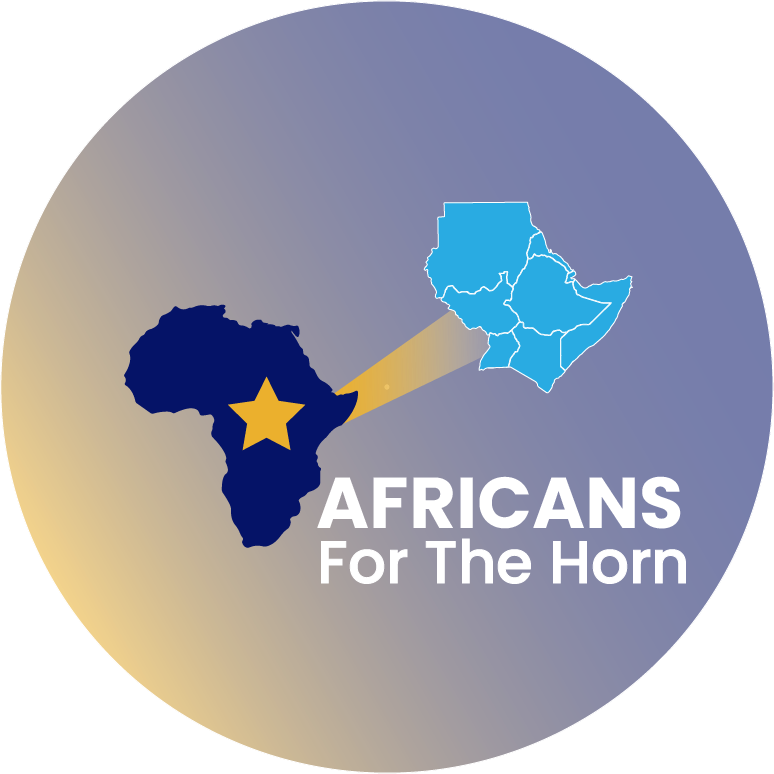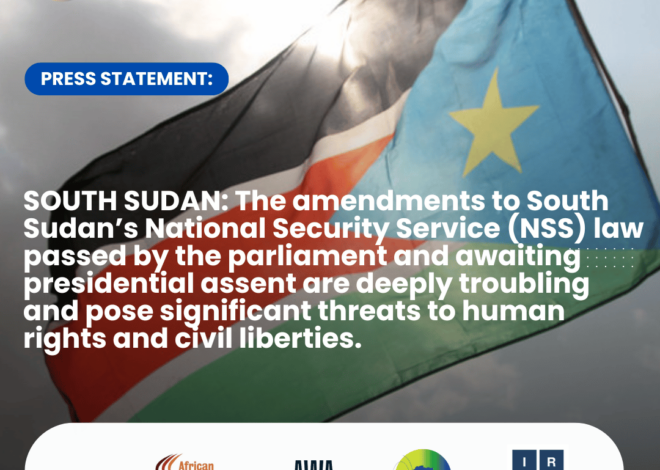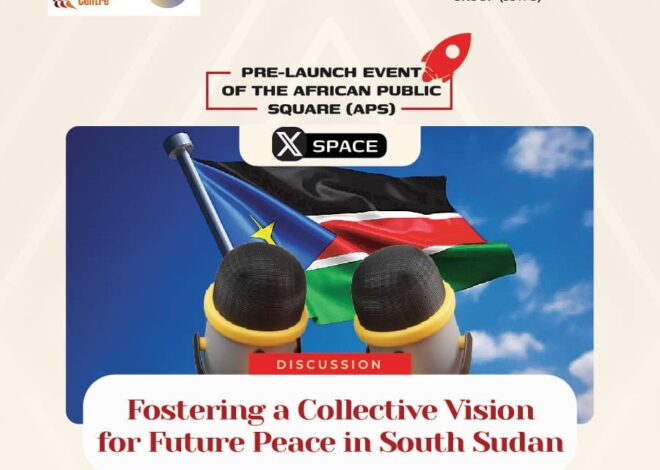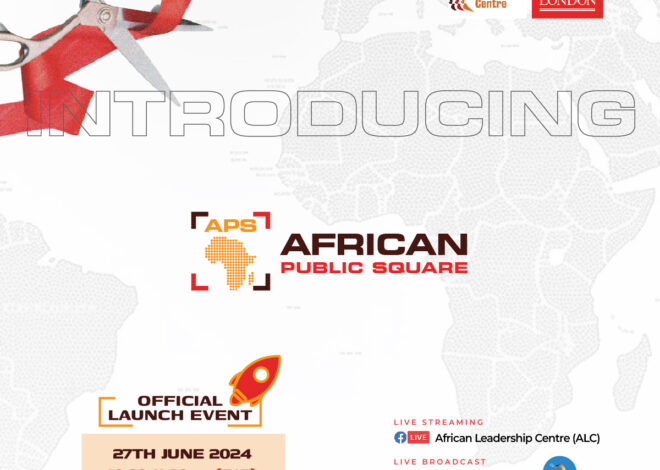Historic elections in South Sudan
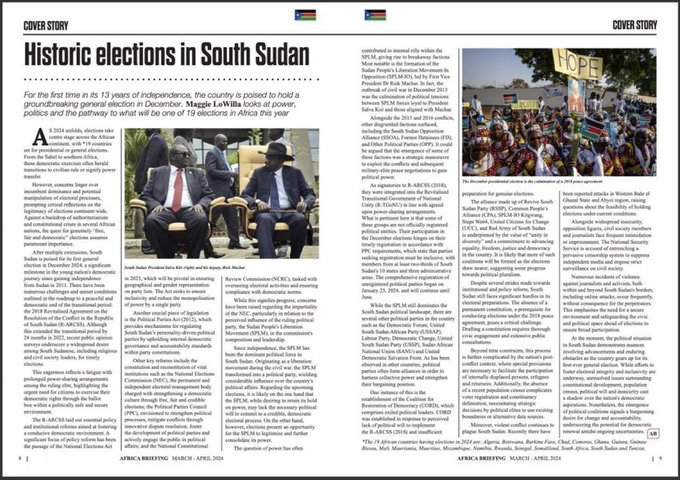
For the first time in its 13 years of independence, the country is poised to hold a groundbreaking general election in December. Maggie LoWilla looks at power, politics and the pathway to what will be one of 19 elections in Africa this year.
As 2024 unfolds, elections take centre stage across the African continent, with *19 countries set for presidential or general elections. From the Sahel to southern Africa, these democratic exercises often herald transitions to civilian rule or signify power transfer.
However, concerns linger over incumbent dominance and potential manipulation of electoral processes, prompting critical reflections on the legitimacy of elections continent-wide.
Against a backdrop of authoritarianism and constitutional crises in several African nations, the quest for genuinely “free, fair and democratic” elections assumes paramount importance.
After multiple extensions, South Sudan is poised for its first general election in December 2024, a significant milestone in the young nation’s democratic journey since gaining from Sudan in 2011. There have been numerous challenges and unmet conditions outlined in the roadmap to a peaceful and democratic end of the transitional period: the 2018 Revitalised Agreement on the Resolution of the Conflict in the Republic of South Sudan (R-ARCSS). Although this extended the transitional period by 24 months in 2022, recent public opinion surveys underscore a widespread desire among South Sudanese, including religious and civil society leaders, for timely elections.
This eagerness reflects a fatigue with prolonged power-sharing arrangements among the ruling elite, highlighting the urgent need for citizens to exercise their democratic rights through the ballot box within a politically safe and secure environment.
The R-ARCSS laid out essential policy and institutional reforms aimed at fostering a conducive democratic environment. A significant focus of policy reform has been the passage of the National Elections Act in 2023, which will be pivotal in ensuring geographical and gender representation on party lists. The Act seeks to ensure inclusivity and reduce the monopolisation of power by a single party.
Another crucial piece of legislation is the Political Parties Act (2012), which provides mechanisms for regulating South Sudan’s personality-driven political parties by upholding internal democratic governance and accountability standards within party constitutions.
Other key reforms include the constitution and reconstitution of vital institutions such as the National Elections Commission (NEC), the permanent and independent electoral management body charged with strengthening a democratic culture through free, fair and credible elections; the Political Parties Council (PPC), envisioned to strengthen political processes, mitigate conflicts through innovative dispute resolution, foster the development of political parties and actively engage the public in political affairs; and the National Constitutional Review Commission (NCRC), tasked with overseeing electoral activities and ensuring compliance with democratic norms.
While this signifies progress, concerns have been raised regarding the impartiality of the NEC, particularly in relation to the perceived influence of the ruling political party, the Sudan People’s Liberation Movement (SPLM), in the commission’s composition and leadership.
Since independence, the SPLM has been the dominant political force in South Sudan. Originating as a liberation movement during the Civil War, the SPLM transformed into a political party, wielding considerable influence over the country’s political affairs. Regarding the upcoming elections, it is likely on the one hand that the SPLM, while desiring to retain its hold on power, may lack the necessary political will to commit to a credible, democratic electoral process. On the other hand, however, elections present an opportunity for the SPLM to legitimise and further consolidate its power.
The question of power has often contributed to internal rifts within the SPLM, giving rise to breakaway factions. Most notable is the formation of the Sudan People’s Liberation Movement-In Opposition (SPLM-IO), led by First Vice President Dr Riek Machar. In fact, the outbreak of civil war in December 2013
was the culmination of political tensions between SPLM forces loyal to President Salva Kiir and those aligned with Machar.
Alongside the 2013 and 2016 conflicts, other disgruntled factions surfaced, including the South Sudan Opposition Alliance (SSOA), Former Detainees (FD), and Other Political Parties (OPP). It could be argued that the emergence of some of these factions was a strategic manoeuvre to exploit the conflicts and subsequent military-elite peace negotiations to gain political power.
As signatories to R-ARCSS (2018), seeking registration must be inclusive, with members from at lethey were integrated into the Revitalised Transitional Government of National Unity (R-TGoNU) in line with agreed upon power-sharing arrangements. What is pertinent here is that some of these groups are not officially registered political entities. Their participation in the December elections hinges on their timely registration in accordance with PPC requirements, which state that parties seeking registration must be inclusive, with members from at least two-thirds of South Sudan’s 10 states and three administrative
areas. The comprehensive registration of unregistered political parties began on January 23, 2024, and will continue until June.
While the SPLM still dominates the South Sudan political landscape, there are several other political parties in the country such as the Democratic Forum, United South Sudan African Party (USSAP), Labour Party, Democratic Change, United South Sudan Party (USSP), Sudan African National Union (SANU) and United Democratic Salvation Front. As has been observed in other countries, political parties often form alliances in order to harness collective power and strengthen their bargaining position.
One instance of this is the establishment of the Coalition for Restoration of Democracy (CORD), which comprises exiled political leaders. CORD was established in response to perceived lack of political will to implement the R-ARCSS (2018) and insufficient preparation for genuine elections.
The alliance made up of Revive South Sudan Party (RSSP), Common People’s Alliance (CPA), SPLM-IO Kitgwang, Steps We64, United Citizens for Change (UCC), and Red Army of South Sudan is underpinned by the value of “unity in diversity” and a commitment to advancing equality, freedom, justice and democracy in the country. It is likely that more of such coalitions will be formed as the elections draw nearer, suggesting some progress towards political pluralism.
Despite several strides made towards Institutional and policy reform, South Sudan still faces significant hurdles in its electoral preparations. The absence of a permanent constitution, a prerequisite for conducting elections under the 2018 peace agreement, poses a critical challenge. Drafting a constitution requires thorough civic engagement and extensive public consultations.
Beyond time constraints, this process is further complicated by the nation’s postconflict context, where special provisions are necessary to facilitate the participation of internally displaced persons, refugees and returnees. Additionally, the absence of a recent population census complicates voter registration and constituency delineation, necessitating strategic decisions by political elites to use existing boundaries or alternative data sources.
Moreover, violent conflict continues to plague South Sudan. Recently there have been reported attacks in Western Bahr el Ghazal State and Abyei region, raising questions about the feasibility of holding elections under current conditions.
Alongside widespread insecurity, opposition figures, civil society members and journalists face frequent intimidation or imprisonment. The National Security Service is accused of entrenching a pervasive censorship system to suppress independent media and impose strict surveillance on civil society.
Numerous incidents of violence against journalists and activists, both within and beyond South Sudan’s borders, including online attacks, occur frequently, without consequence for the perpetrators. This emphasises the need for a secure environment and safeguarding the civic and political space ahead of elections to ensure broad participation.
At the moment, the political situation in South Sudan demonstrates nuances involving advancements and enduring obstacles as the country gears up for its first-ever general election. While efforts to foster electoral integrity and inclusivity are underway, unresolved issues surrounding constitutional development, population census, political will and insecurity cast a shadow over the nation’s democratic aspirations. Nonetheless, the emergence of political coalitions signals a burgeoning desire for change and accountability, underscoring the potential for democratic renewal amidst ongoing uncertainties.
The 19 African countries having elections in 2024 are: Algeria, Botswana, Burkina Faso, Chad, Comoros, Ghana, Guinea, Guinea-Bissau, Mali, Mauritania, Mauritius, Mozambique, Namibia, Rwanda, Senegal, Somaliland, South Africa, South Sudan and Tunisia.
Maggie LoWilla, originally from South Sudan, is a Programme Associate at the African Leadership Centre in Nairobi
Read the original article on Africa Briefing
